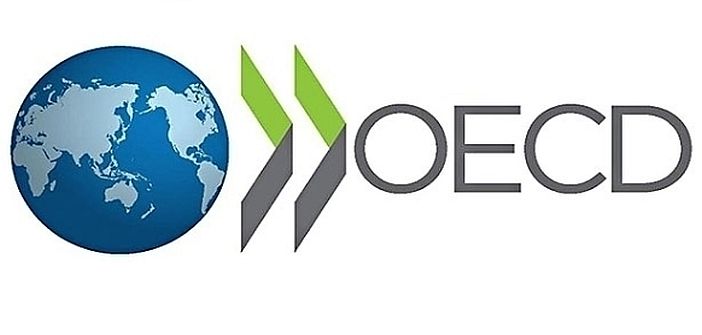Annual inflation in the OECD area slightly increased to 1.4% in November 2016, compared to 1.3% in October.
In France, it was 0.5% compared to 0.4%.
This increase is mainly the result of changes in energy and food prices. Energy and food prices remained stable year-on-year in November, compared to respective decreases of 0.6% and 0.3% year-on-year in October. Excluding food and energy, annual inflation in the OECD area remained stable at 1.7% in November.
Annual inflation increased in Japan (to 0.5% in November from 0.1% in October), in the United Kingdom (to 1.2% from 0.9%), in Italy (to 0.1% from -0.2%), and in the United States (to 1.7% from 1.6%). It remained stable in Germany (at 0.8%) and decreased in Canada (to 1.2% from 1.5%).
In the euro area, annual inflation measured by the HICP slightly increased to 0.6% in November, from 0.5% in October. Excluding food and energy, annual inflation in the euro area remained stable at 0.8% for the fourth consecutive month. The flash estimate published by Eurostat showed an overall increase in annual inflation to 1.1% in December 2016.
Annual inflation in the G20 area slightly decreased to 2.2% in November, from 2.3% in October.
In the emerging G20 economies, annual inflation further decreased in the Russian Federation (to 5.8% from 6.1%), in India (to 2.6% from 3.3%), in Brazil (to 7.0% from 7.9%), and in Saudi Arabia (to 2.3% from 2.6%).
Conversely, it increased in Indonesia (to 3.6% from 3.3%), in China (to 2.3% from 2.1%), and in South Africa (to 6.9% from 6.7%).


